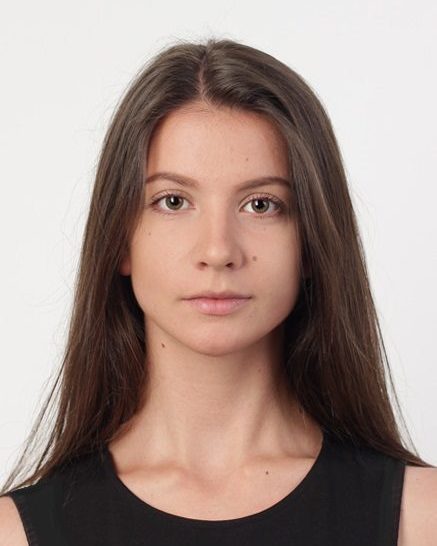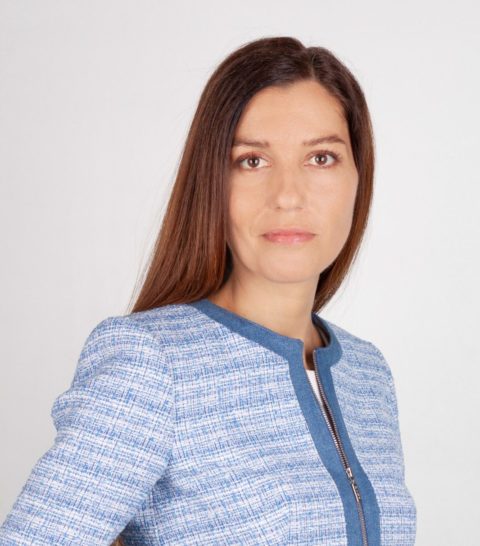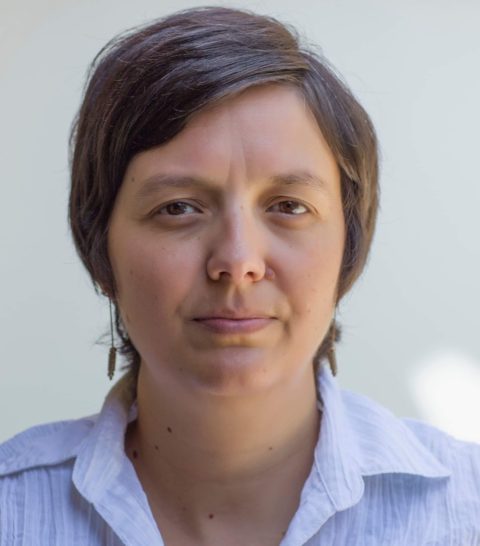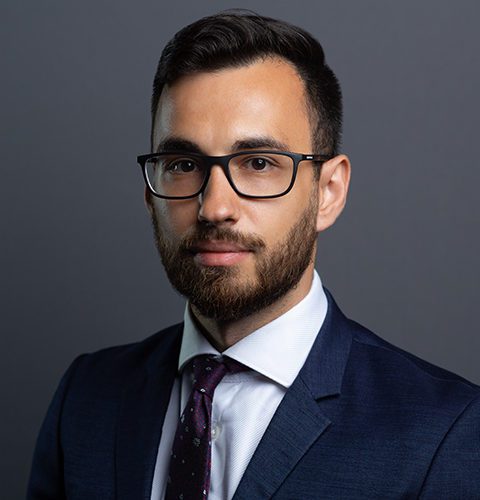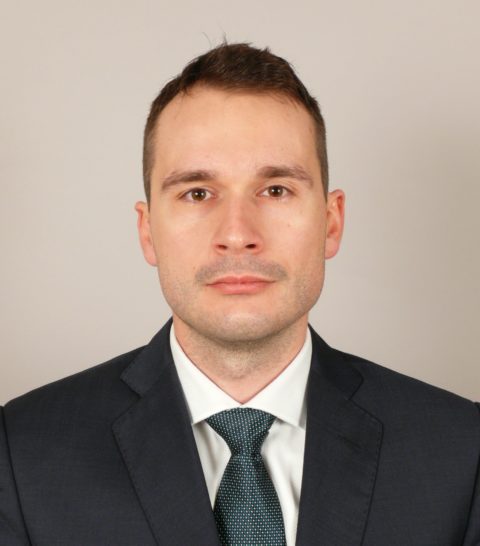Prison Conditions and the Protection of Prisoners’ Rights in the EU
21 December 2022EU Member States have been experiencing human-rights related issues pertaining to the prison conditions lately. In 2019, the European Prison Observatory conducted a study, which determined that prisons across the EU suffer from overcrowding. Consequently, the standards of hygiene and privacy have also deteriorated. Poor detention conditions can amount to a violation of fundamental rights, including violation of the prohibition of inhuman and degrading treatment or punishment, as specified in Article 3 of the European Convention on Human Rights (ECHR).
EU Member States have been experiencing human-rights related issues pertaining to the prison conditions lately. In 2019, the European Prison Observatory conducted a study, which determined that prisons across the EU suffer from overcrowding. Consequently, the standards of hygiene and privacy have also deteriorated. Poor detention conditions can amount to a violation of fundamental rights, including violation of the prohibition of inhuman and degrading treatment or punishment, as specified in Article 3 of the European Convention on Human Rights (ECHR).
How the EU monitors the prison conditions of its member states
The aforementioned problems naturally invite the question of if and how the EU monitors the conditions of prisons in its Мember States.
Europe’s Convention for the Prevention of Torture and Inhuman or Degrading Punishment empowers an independent European Commitee, to visit any place in the EU, where people are deprived of their liberty by a public authority. This also provides a means by which the EU can monitor the conditions of prisons and other detention institutions and the conduct of law enforcement officials. They can also collect allegations and evidence of violence and abuse within certain institutions.
Furthermore, the Committee for the Prevention of Torture has established rules, standards and practices, which aim to reduce the risk of a detainee being subjected to torture or other degrading treatment. The Committee has targeted the pressing problem of overcrowding by imposing a minimum living space for each prisoner in the EU. According to Committee guidelines, the minimum standard of living space in prison establishments is 6m² for a single-occupancy cell and 4m² per prisoner for a multiple-occupancy cell. If the Committee has reason to believe that there is evidence of inhuman or degrading conditions in a certain Member State, arrest warrants and transfers of prisoners issued by that State may be denied, as tantamount to a violation of the ECHR and the EU Charter.
The situation in Bulgaria
When it comes to low quality of life in prison, Bulgaria is no exception to the rule. This was confirmed by the judgement on the Neshkov and Others vs. Bulgaria case, in which the European Court of Human Rights ruled that there had been a violation of Article 3 of ECHR. This was due to poor conditions in detention facilities, including a lack of sufficient living space, unjustified restriction of access to natural light and air, poor hygiene conditions, and a lack of privacy.
NBLO’s work
The New Balkans Law Office team has helped a prisoner who was facing extradition to the Pazardzhik prison in Bulgaria. As aforementioned, if there is a serious risk that the prisoner may be subjected to inhuman or degrading treatment, he or she can avoid extradition from one Member State to another, even if a European Arrest Warrant has been issued. The deteriorating conditions of the Pazardzhik prison have attracted significant media attention, with photographs and articles making public the full extent of the prisoners’ poor living conditions. NBLO’s lawyers sought an expert’s opinion on the exact state of the prison in Pazardzhik. The expert’s report confirmed the degrading and inhuman conditions in the detention centre for the Court. This will ultimately lead to refusal of the extradition order.
NGOs protecting the prisoners’ rights in Bulgaria
An expert statement on this matter may also be prepared by NGO officials. Such organisations in Bulgaria are the following:
- The Bulgarian Prisoners’ Association (BPA)
This association is unique on account of the fact that its members are prisoners and ex-prisoners. It aims to minimize the contrast between the rights of prisoners in other Member States and of those in Bulgaria.
- The Bulgarian Helsinki Committee (BHC)
The Bulgarian Helsinki Committee focuses on the defence of people deprived of liberty. It advocates for human rights by demanding that authorities improve their practices and the law. They also seek to further protect these rights through litigation.
Further questions
New Balkans Law Office often advises on the protection of human rights and has represented victims of human rights abuse, such as individuals deprived of their liberty. If you have any further questions on these matters, please do not hesitate to contact us at [email protected], or via our contact form.
